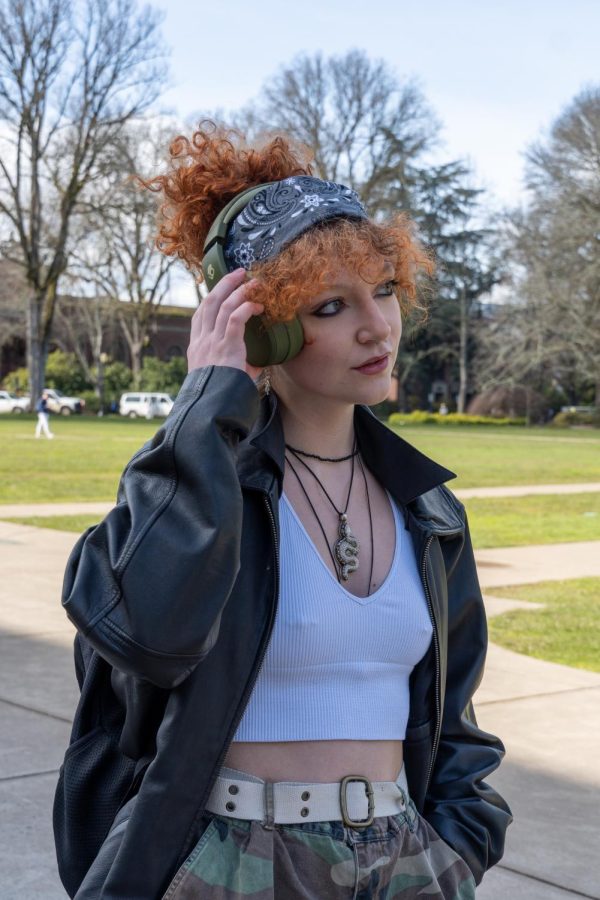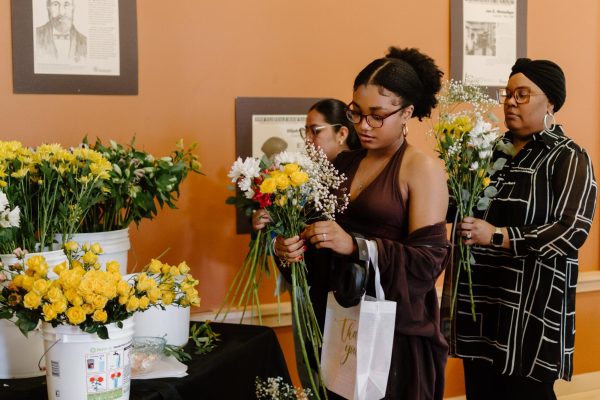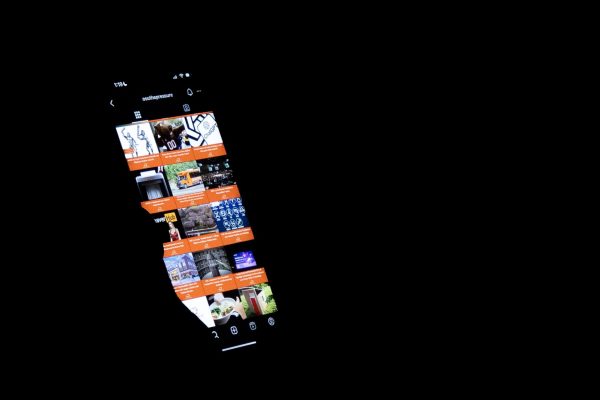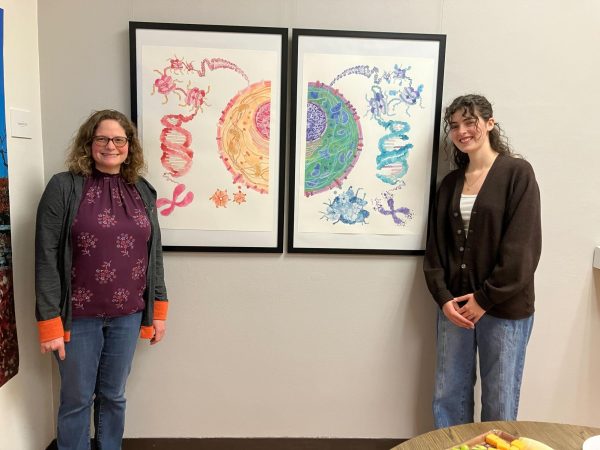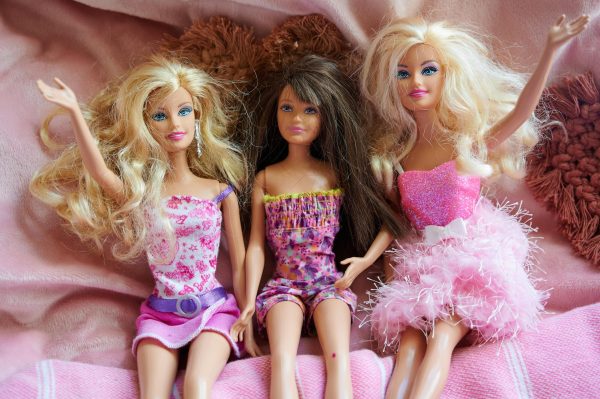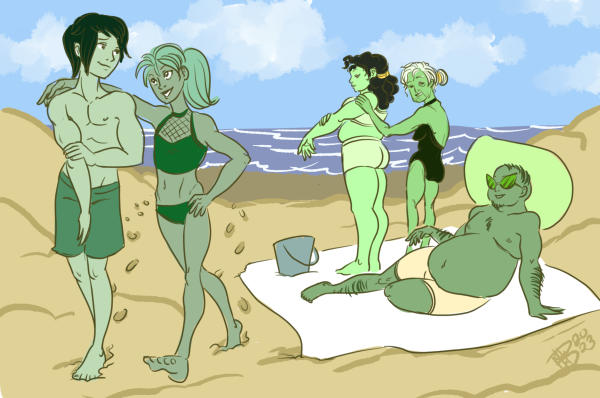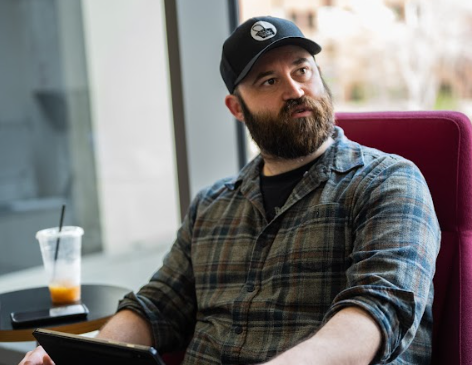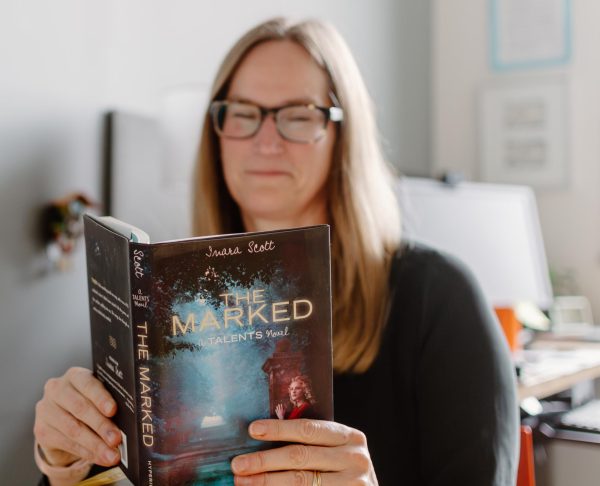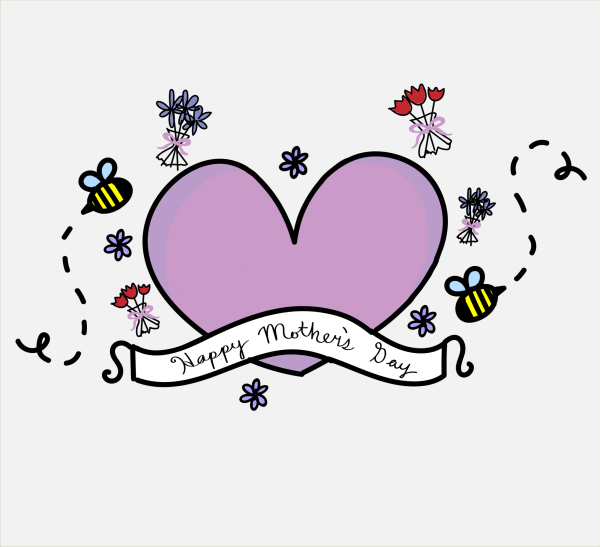World in Chaos: Students weigh in on Hogwarts Legacy, J.K. Rowling’s transphobia & significance of Harry Potter to Gen-Z
Editor’s Note: This column does not represent the opinion of Beaver’s Digest. This column reflects the personal opinions of the writer. The column includes quotes of transphobic Tweets for context in the Hogwarts Legacy discourse.
I solemnly swear that I am not transphobic.
The newly released video game Hogwarts Legacy has Potterheads, gamers, LGBTQ people and allies all at a crossroads. J.K. Rowling’s online tantrums – which sound more or less like the cries of the Mandrake plant – have been targeting transgender and non-binary identities.
On June 6, 2020, in response to an op-ed that used the phrase “people who menstruate,” Rowling tweeted: “‘People who menstruate.’ I’m sure there used to be a word for those people. Someone help me out. Wumben? Wimpund? Woomud?”
Later on the same Twitter thread, she wrote, “I respect every trans person’s right to live any way that feels authentic and comfortable to them. I’d march with you if you were discriminated against on the basis of being trans. At the same time, my life has been shaped by being female. I do not believe it’s hateful to say so.”
Tweets like these have led many fans to question their love and devotion for the infinite Harry Potter universe.
Hogwarts Legacy, released Feb. 10, is a role-playing game set about 100 years prior to the events of the Harry Potter books. Designed for gaming platforms like PlayStation 5, Xbox, Nintendo Switch and Microsoft Windows, this open-world video game allows players to fully immerse themselves in the wizarding world, attend Hogwarts school of Witchcraft and Wizardry, get sorted into Hogwarts houses, fly around Hogsmeade on a broomstick and help to fight a goblin rebellion.
In many ways, the game is a dream come true for those who have spent their childhood years in the haven of the Wizarding World, where even the oddest of us feels accepted and appreciated for who we are.
Rowling’s hateful comments, however, have tarnished that experience, especially for transgender people who might have been inspired by Harry Potter to embrace their authentic selves.
So, the question remains, does Rowling’s behavior warrant boycotting Hogwarts Legacy? In a time where conservative politicians and policy makers in red states are working tirelessly to limit or even ban the the rights of transgender and non-binary people, would playing Hogwarts Legacy be, in a way, normalizing or even excusing transphobia? Does Rowling’s controversial opinions overshadow the entire Harry Potter world or can we separate the game and the story from Rowling’s comments all together?
Daniel Radcliff (who played Harry Potter in the movies), along with Emma Watson and Ruper Grint (who played the roles of Hermione and Ron, respectively), all published statements to support the LGBTQ community and express regret if anyone got hurt or offended by Rowling’s media presence.
As with any product related to Harry Potter, Rowling will receive royalties from Hogwarts Legacy even though she was not directly involved with the development of the game. Exactly how much Rowling will profit off of Hogwarts Legacy has not been publicly stated.
We asked Oregon State University students what they thought about Hogwarts Legacy, Rowling’s comments and if they plan on playing the video game.
AJ Moore, marine studies major
“I probably would not (play the game),” Moore said. “They’re just trying to make more money off of (Harry Potter).” Moore also believes it would be difficult to boycott the Harry Potter books and movies. “(The) books have influenced people so much. It would be hard to ask them to give (them) up.”
Jessica Carmel, graduate student in public health
“No, I wouldn’t play (Hogwarts Legacy),” Carmel said. She added that she could change her mind if J.K. Rowling were to apologize for her transphobic comments. “If she did that, okay. (If) she apologized. But like how are you going to change your thoughts; how are you going to educate yourself to be better?”
Grace Spencer, food science and sustainability major
“I have it on preorder,” Spencer said. “My roommate and I are both eagerly awaiting.” Spencer also said that she doesn’t agree with Rowling’s opinions. “Personally, I don’t support J.K. Rowling or anything like that … But I like to separate (her) because Harry Potter means a lot to me.” She added, “I don’t really associate her with (Harry Potter) anymore.”
Will Jordan, civil engineering major
“I think it would make sense (to) not purchase more (from the Harry Potter franchise) but like you still have good memories (from) the books and the movies,” Jordan said. He also added that he doesn’t think the Harry Potter movies need to “go away” completely.
Chance Giguiere, computer science major
Guigiuere said he understands why some would want to boycott Hogwarts Legacy but he doesn’t know “how really effective that would (be).” Guigiere added that he would be interested in playing the game but would be “either waiting for a third party sale or somewhere (he) can buy (indirectly).”
Aaron Parkinson, mechanical engineering
“(I would be interested in playing) 100%, it’s just like 70 bucks!” Parkinson said. Regarding Rowling’s transphobia, Parkinson added, “I believe there’s a separation between people and their work.” He also believes “there just needs to be more conversation around (the dangers of transphobia).”
Harshal Bawale, industrial engineering major
“It’s every 90s kid’s dream come true,” Bawale said of Hogwarts Legacy. “We’ve been waiting for too long,” he added. “I don’t think they should boycott the video game… People have been dreaming about living (in the) Harry Potter world (for a long time).” Bawale believed that Rowling’s behavior has nothing to do with the video game and he will play the game regardless.
Anna Maurer, psychology major and music minor
Maurer said she would be interested in playing Hogwarts Legacy but Rowling’s comments make her “want to stay away from (the game) but at the same time, I do want to support the artists and people who work so hard to make the video game.” She said the situation “sounds like a gray area.”
Taro Harmon, marine studies major
“I would say it’s a gray area,” Harmon said of boycotting Hogwarts Legacy. “There’s a lot of bad people who have made cool shit to (a point) where it’s like, ‘I don’t really like the person but the thing is cool’.” Harmon said there should be a separation between the art and the artist.
Jor Grapentine, graduate teaching assistant in psychology
“It’s very common to look at these situations and want like a blueprint or a guide, and that doesn’t exist!” Grapentine said. They added that they would not play the game nor support Rowling in any means but can’t judge others for their decision. “It’s frustrating for people that (just want) to do the right thing, and it just doesn’t exist,” Grapentine said.
–
Considering there are countless consumptions that once traced back, will lead to problematic people and organizations, is there really an ethical way to consume anything?


